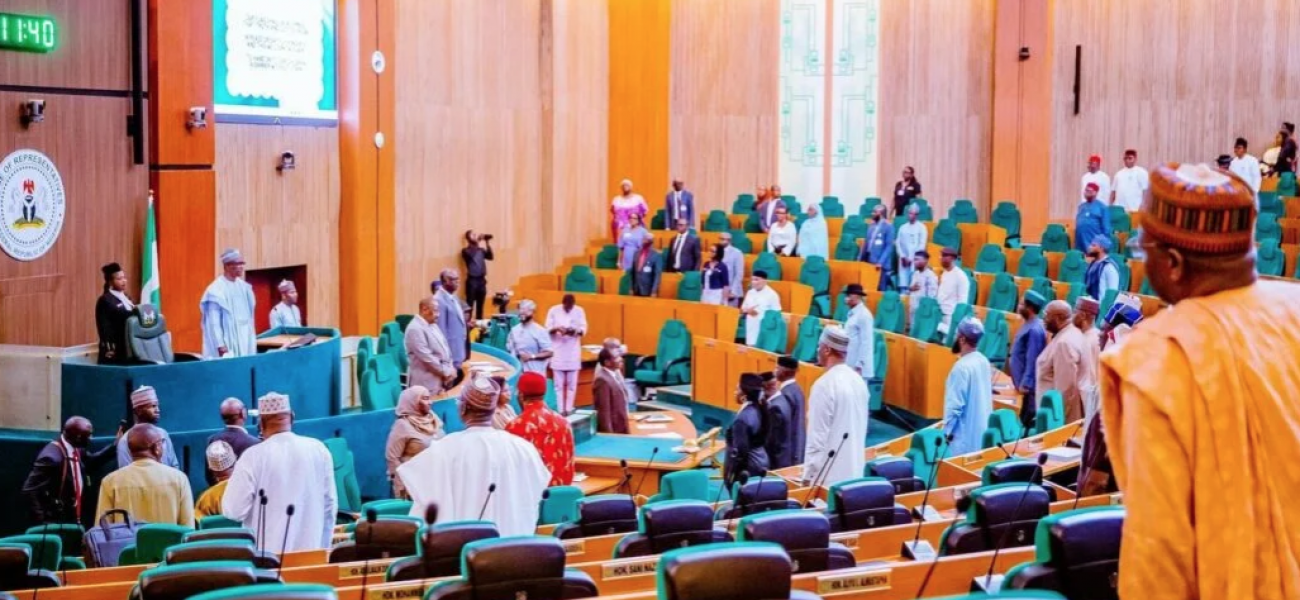The Speaker of the House of Representatives has intervened in the action taken by the Ad hoc Committee investigating Nigerian Civil Society Organizations (CSOs) and International Development partners over alleged links between USAID funding and the terrorist group Boko Haram, asking the Adhoc Committee to stand down its probe. This decision comes after sustained concerns raised by NGOs regarding the committee’s broad and intrusive demands, which they argue amount to an overreach and an infringement on their constitutional rights to operate.
The Ad hoc Committee, chaired by Hon. Victor Obuzor, was established following a statement by a U.S. Congressman alleging that funds from USAID had inadvertently supported Boko Haram activities in Northeast Nigeria. In response, the Ad hoc Committee issued sweeping requests to NGOs and Development partners, demanding comprehensive documentation covering a decade of operations. The committee sought certified copies of audit reports for ten years, details on directors and trustees, contact information, funding sources, disbursement records, and tax payments or donations made.
These extensive demands have been met with significant opposition from the Nigerian NGO community, which decried them as excessive and unjustified. Many organizations view the investigation as a brazen attempt to stifle NGOs and their donors and impose undue scrutiny that could deter legitimate NGO activities in the country. As a result, NGOs have mobilized to challenge the probe, arguing that the committee’s approach not only exceeded its mandate but also contravened the fundamental rights of NGO actors to operate without undue government interference.
Amid mounting pressure, a crucial meeting was held between select NGO leaders and the Speaker of the House of Representatives. In the meeting, the Speaker acknowledged the overreach of the committee’s actions and agreed that its demands extended beyond the scope of the investigation’s intended purpose. He has consequently, directed the Chairman of the Adhoc Committee to stand down further action on the matter and explore a more collaborative and amicable means of engaging with NGOs, effectively ending the probe.
The decision to suspend the investigation represents a significant victory for Nigeria’s NGOs, reaffirming the need to uphold constitutional freedoms and protect NGOs from arbitrary government restrictions. Civil society organizations play an essential role in Nigeria’s democratic development, good governance, and human rights promotion and protection. Efforts to curb their activities through overbearing investigations risk undermining the crucial work they do in supporting vulnerable communities and fostering democratic accountability.
While concerns over terrorism financing remain valid and should be addressed through appropriate legal and regulatory channels, such investigations must be conducted within the bounds of law and without infringing on fundamental freedoms. The government must ensure that national security concerns do not become a pretext for suppressing civil society or intimidating organizations that provide essential services to millions of Nigerians.
The Speaker’s intervention in standing down the Ad hoc Committee’s probe sets an important precedent. It underscores the imperative of striking a balance between security concerns and the protection of civil liberties. As Nigeria continues to navigate complex security and governance challenges, it must uphold the rights of NGOs and development partners to operate without unconstitutional restrictions or harassment.
The Nigerian House of Representatives must now take proactive steps to ensure that future oversight and investigations are conducted with transparency, fairness, and adherence to due process. Civil society organizations, in turn, must remain vigilant in safeguarding their operational independence and resisting any efforts that seek to curtail their role in the democratic space.
At a time when Nigeria faces significant socio-political and economic challenges, it is essential that NGOs and development partners are empowered, rather than hindered, in their efforts to contribute positively to national development. The decision to halt the Ad hoc Committee’s probe is a step in the right direction, but ongoing vigilance is necessary to prevent future encroachments on the rights of civil society organizations in Nigeria.

